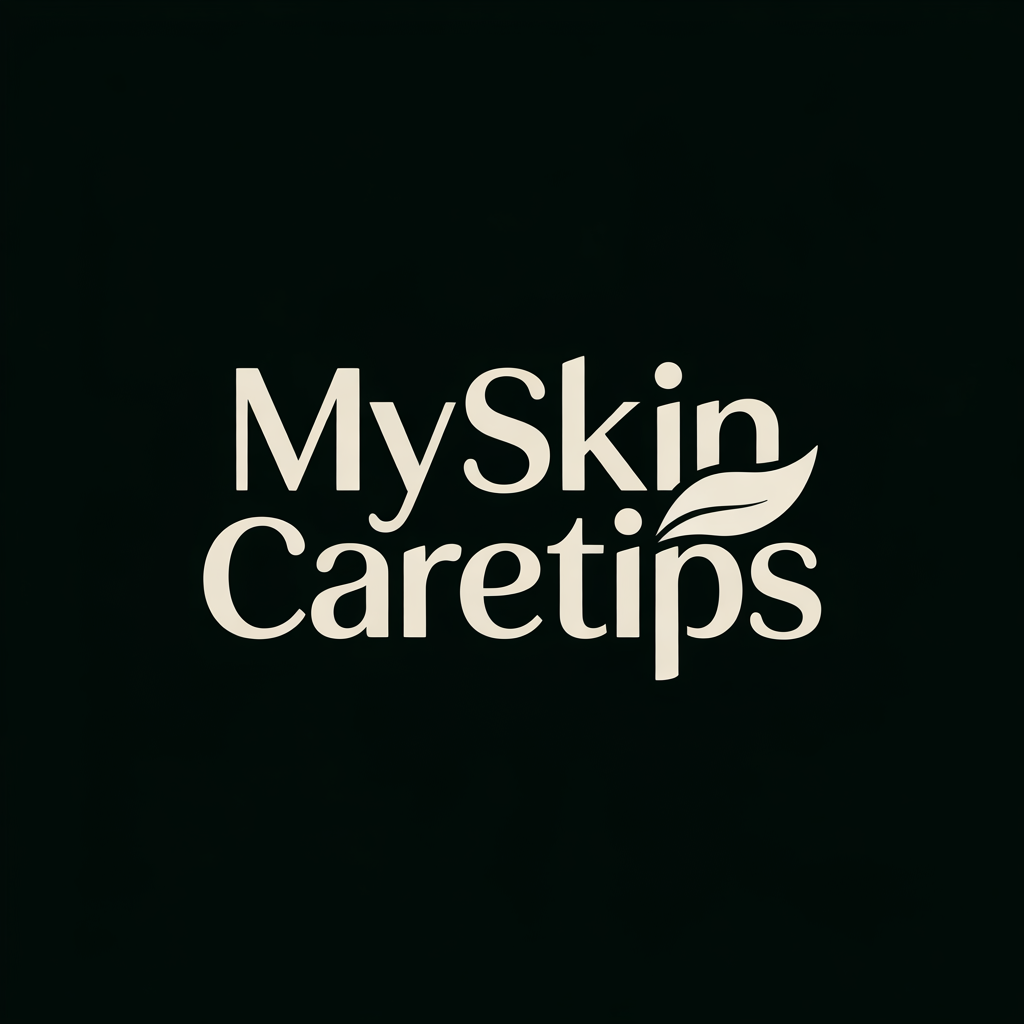3 Things I Stopped Doing-and My Skin Thanked Me
You’ve likely been over-exfoliating your skin, which strips its natural barrier and causes irritation, redness, and breakouts—stick to twice a week or less for better results. Ditch harsh chemical products with sulfates and alcohols; they’re linked to inflammation, dryness, and accelerated aging, so opt for gentle, pH-balanced alternatives instead. Don’t skip daily sunscreen with SPF 30+ either—it’s proven to cut wrinkle formation by up to 24% and protect against UV damage. Make these changes, and your skin will thrive, with even more protective strategies waiting.
Key Takeaways
- Stop over-exfoliating to prevent irritation, redness, and a weakened skin barrier.
- Avoid harsh chemical products to reduce inflammation, dryness, and accelerated aging.
- Apply sunscreen daily to protect against UV damage, wrinkles, and skin cancer risks.
- Cease ignoring signs of over-exfoliation, like persistent redness, to maintain skin health.
- Switch to gentle, pH-balanced products to support healing and improve overall skin resilience.
Over-Exfoliating My Skin
One common mistake in your skincare routine is over-exfoliating, which strips away the skin’s natural barrier and leads to irritation, redness, and increased sensitivity. By making these adjustments, you can promote healthier skin through better overall practices.
Among common mistakes, this disrupts your skin’s protective microbiome, making it more vulnerable to breakouts and accelerated aging, as supported by dermatological studies showing frequent exfoliation inflames the epidermis.
You’re likely overdoing it if you exfoliate more than twice weekly, stripping essential oils and proteins that maintain hydration.
To avoid this, assess your skin type—oily skin might tolerate once weekly, while dry skin needs less—and opt for gentle physical or chemical methods without aggression.
Listen to your body’s signals; persistent redness means you’re pushing too hard.
Over-exfoliating can also mimic the effects of overwashing by disrupting moisture balance and exacerbating potential breakout triggers.
Using Harsh Chemical Products
While harsh chemical products promise quick fixes, you’re risking your skin’s integrity by incorporating them into your routine.
These formulations often contain irritants like sulfates, alcohols, and strong acids that strip away the skin’s protective barrier, causing inflammation, dryness, and increased sensitivity.
Dermatological evidence from studies, such as those in the Journal of Investigative Dermatology, links prolonged use to accelerated aging and compromised moisture retention.
Instead, opt for gentle, pH-balanced alternatives with natural ingredients that support healing without disruption.
By ditching these aggressors, you’ll notice improved texture, reduced breakouts, and a stronger barrier, allowing your skin to thrive naturally.
This practical shift fosters resilience, preventing long-term damage and promoting a healthier complexion through evidence-backed choices. Remember, avoiding harsh products aligns with the five critical actions essential for caring for sensitive skin.
To enhance your skincare routine, focus on essential tips that address common mistakes for better skin protection.
Skipping Sunscreen Daily
Failing to apply sunscreen daily leaves your skin vulnerable to UV damage, accelerating aging and heightening cancer risks.
You’re essentially exposing yourself to invisible rays that break down collagen, leading to fine lines and uneven tone.
Evidence from the American Academy of Dermatology shows that consistent SPF 30+ use reduces wrinkle formation by up to 24% and lowers melanoma risk significantly.
Don’t skip it—even on cloudy days, UV penetration occurs.
Make it practical: Choose a broad-spectrum, water-resistant formula that suits your skin type, and apply a shot-glass amount to all exposed areas every morning.
Reapply every two hours outdoors.
By stopping this habit, you’ve protected your skin’s barrier, prevented dark spots, and maintained a youthful glow, just as my routine proved. This practice also helps in maintaining skin barrier integrity.
It’s a simple, evidence-backed change that delivers lasting results.
To maximize your defense against UV rays, incorporate correct application methods into your daily routine for enhanced skin protection.

